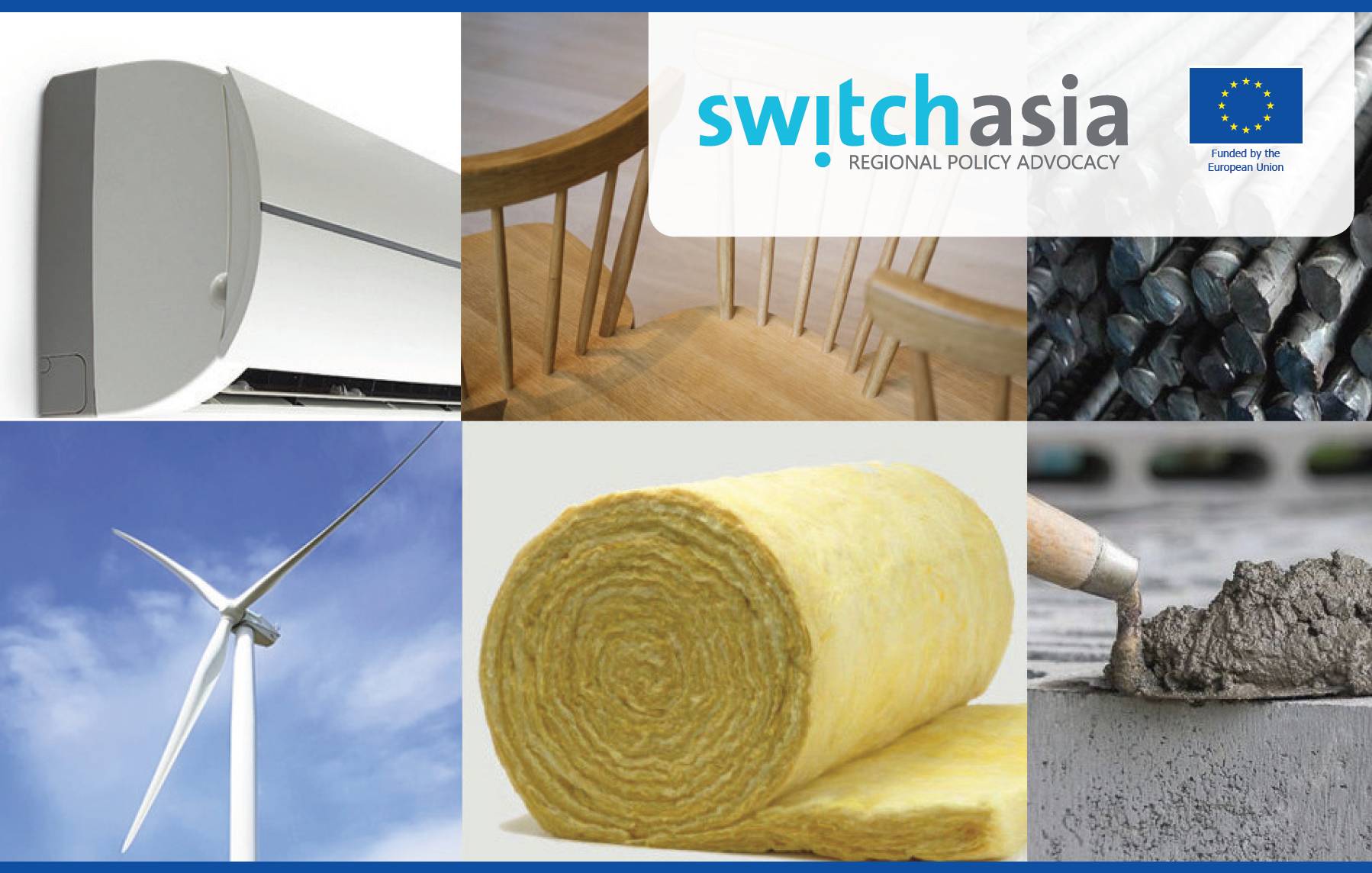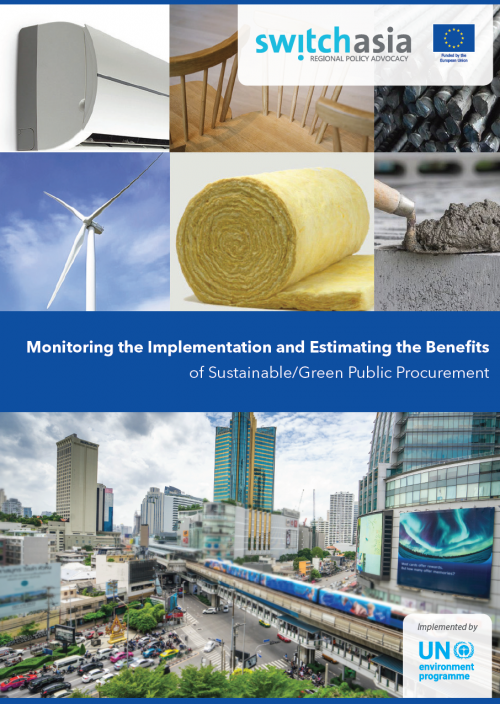
Public agencies around the world have realized that public procurement is not a mere administrative procedure but a powerful instrument that can be leveraged to achieve the sustainability goals of the organization.
This strategic use of public procurement has been recognised as key to the global effort for sustainability, important enough to have a specific target within the Sustainable Development Goals (SDGs) of the 2030 Agenda for Sustainable Development, SDG target 12.7: “Promote public procurement practices that are sustainable, in accordance with national policies and priorities”.
In the face of deep economic and social crisis resulting from the COVID-19 pandemic and at a time when governments need to conduct expansionary fiscal policies to limit or avoid economic recessions, GPP and SPP must take its place in the range of fiscal instruments considered in the green recovery packages.
GPP and SPP have been SWITCH-Asia’s priority topics since the beginning of the programme. Regional, sub-regional and national activities have been carried out by the SWITCH-Asia Regional Policy Advocacy Component (RPAC), implemented by UNEP. These activities, combined with an ecosystem of other activities and programmes in GPP and SPP (supported by the EU, the UN and other international organisations), have led several countries in Asia to developed public procurement policies with a focus on environmental issues and national governments to increasingly recognize public procurement as a tool to incentivize the development of markets for green products and services in a ‘greener’ economy.
This is also recognised in the North-East and South-East Asia regions, where 80% of the countries have included Green Public Procurement (GPP) and/or Sustainable Public Procurement (SPP) in their national guidelines or policies; and 60% of the countries already have a dedicated GPP/SPP policy, regulation and/or mandate in place to promote GPP/SPP.
Even if efforts tend to focus first on developing resources for implementation to support practitioners to actually procure more sustainable solutions, monitoring and evaluating results should also be stablished at an early stage as it provides many benefits:
• At the management level, it helps to raise compliance by keeping each agency accountable and helps managers to improve implementation effectiveness by targeting support in identified areas for improvement.
• At the policy level, monitoring and reporting results demonstrate political commitment, enhances transparency and reinforces the exemplary role of the administration, which encourages and legitimises the promotion of sustainable consumption by others.

That is what the frontrunners in Asia have done, being pioneers in the whole world. To support other countries in the North-East and South-East Asia regions to monitor and report the benefits of their GPP and SPP practices, SWITCH-Asia RPAC organised in October 2019 the “Southeast and Northeast Asia Policy Dialogue and Training on “Harmonizing SPP practices and Measuring SPP benefits” in Suzhou, China.
During the event, participants highlighted the necessity of understanding better how to measure GPP and SPP and to learn more about how public authorities in Asia have successfully measured them.
To address that demand, SWITCH-Asia RPAC has developed the report “Monitoring Implementation and Estimating the Benefits of Sustainable/Green Public Procurement in Northeast and Southeast Asia”. The document has been jointly developed with Ecoinstitut SCCL and presents the approaches of several central governments in the region (i.e. China, Japan, Malaysia, Republic of Korea and Thailand) in order to show that setting up monitoring and evaluating systems for GPP and/or SPP is possible and beneficial.
Hopefully this publication will encourage countries in Asia to improve and/or set up such systems to support their national GPP or SPP policies and the global reporting of SGD indicator 12.7.1. "Number of countries implementing sustainable public procurement policies and action plans".
For more information about the publication:
Mushtaq Memon
Regional Coordinator for Resource Efficiency
United Nations Environment Programme, Regional Office for Asia and the Pacific
Project Manager
SWITCH-Asia Regional Policy Advocacy Component
Email: [email protected]



